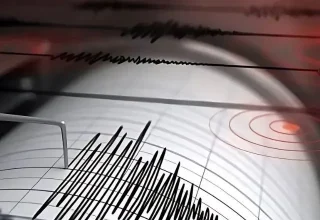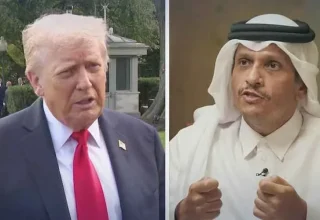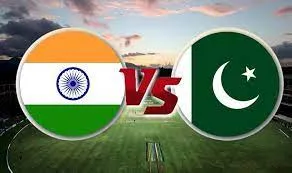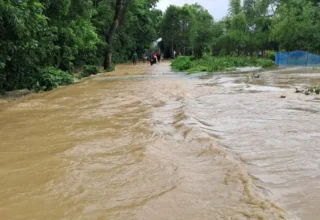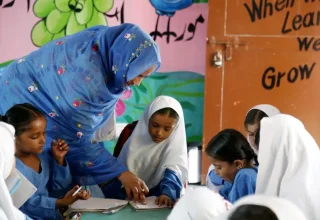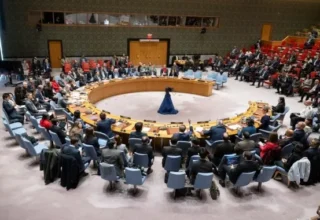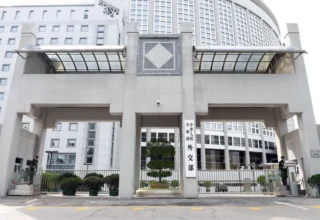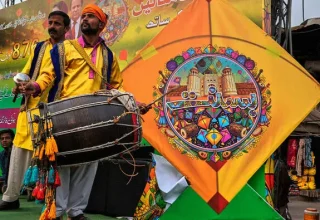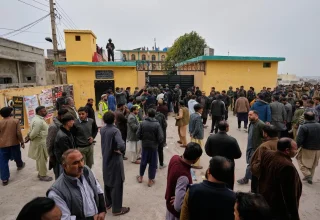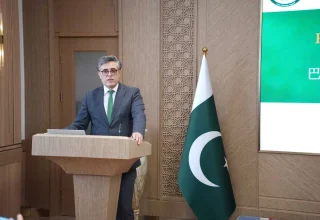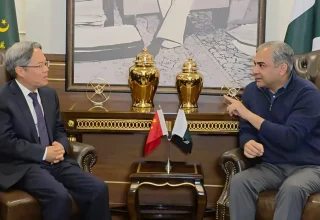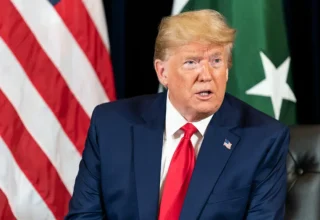
United States President Donald Trump has once again claimed credit for halting a potential war between India and Pakistan, stating that both nuclear-armed neighbours were on the brink of a conflict that could have escalated into a nuclear exchange.
Speaking at a political event this week, Trump said, “They shot down five planes in the last attack. It was back and forth, back and forth. I called them and I said no more trade if you do this. They are both powerful nuclear nations. Who knows where that would have ended up — and I stopped it.”
This is not the first time the US president has claimed to have averted war between the two South Asian rivals.
In May, Trump said during a dinner with Republican lawmakers at the White House that up to five fighter jets were shot down in the aftermath of a militant attack in Indian Illegally Occupied Jammu and Kashmir (IIOJK) that took place in April.
“In fact, planes were being shot out of the air. Five, five, four or five, but I think five jets were shot down actually,” he said at the time, without specifying which side suffered the losses.
Pakistan says six Indian aircraft downed
According to senior Pakistani defense officials and high-level sources cited in earlier briefings, the Pakistan Air Force (PAF) shot down six Indian aircraft during the brief but intense exchange. These included:
- Three Rafale fighter jets
- One MiG-29
- One Sukhoi Su-30
- An Israeli-made Heron surveillance drone.
Officials claimed that all aircraft were intercepted before they could enter Pakistani airspace, and that the PAF did not suffer any aerial losses.
The Dassault Rafale, France’s flagship jet purchased by India under a controversial defence deal, was a notable inclusion in the reported losses. Following the incident, Dassault Aviation’s shares reportedly dipped by 6%, reflecting market sensitivity to real-world performance of high-value military equipment.
India denies aircraft losses
India has not confirmed the loss of any Rafale or MiG-29 aircraft, though military officials did admit that the air force faced “initial setbacks” in the first day of combat.
New Delhi later claimed that it had downed “a few” Pakistani aircraft, a claim Islamabad denies.
Trump’s role in ceasefire
Trump, during both his presidency and after leaving office, has repeatedly asserted that U.S. diplomatic efforts prevented further escalation.
He said in May, “Had we not stepped in, this could have escalated to a level that nobody wants to think about.” On both occasions, Trump implied that his threats to suspend trade with both nations forced them into de-escalation.
“I called them and said: no more trade if you do this,” Trump reiterated in his latest remarks, without clarifying whether he had spoken to Indian or Pakistani leadership directly.
However, India has publicly disputed Trump’s account. New Delhi maintains that bilateral issues with Pakistan must be resolved without third-party involvement, a longstanding position reflected in its diplomatic posture.
Flashpoint: The IIOJK Attack
The hostilities were triggered by an April attack in IIOJK, which left 26 Indian paramilitary personnel and civilians dead.
India blamed Pakistan-based militant groups for the assault, while Islamabad denied involvement and called for a neutral international investigation.
In retaliation, Indian jets bombed what it claimed were militant camps inside Pakistani territory on May 7. This prompted Pakistan to respond with its own aerial and ground operations, including artillery shelling along the Line of Control (LoC), drone interceptions, and air-to-air combat — marking one of the most intense flare-ups since the 2019 Pulwama-Balakot episode















